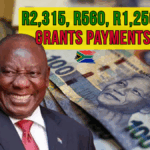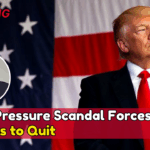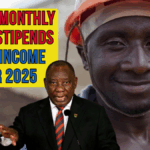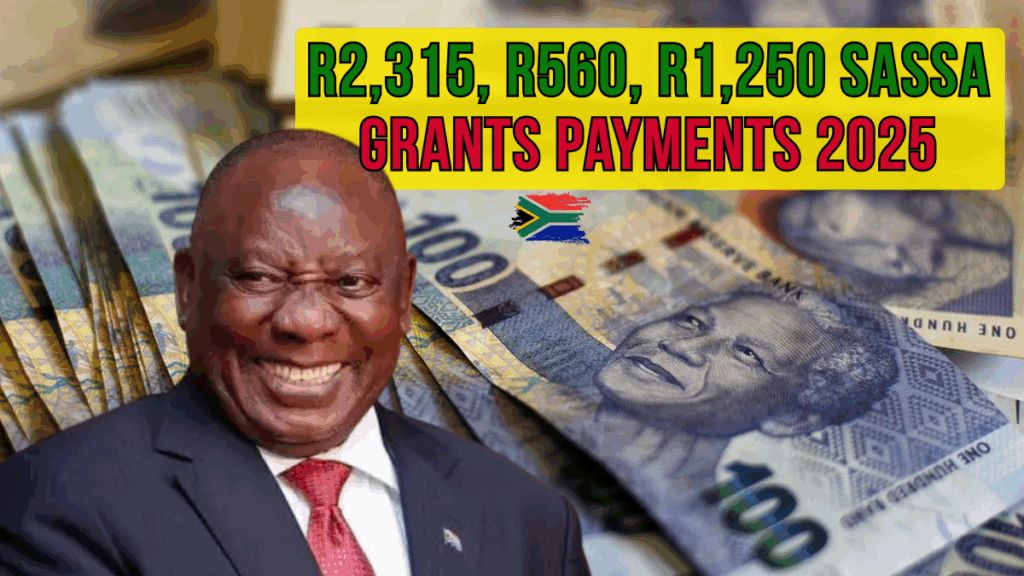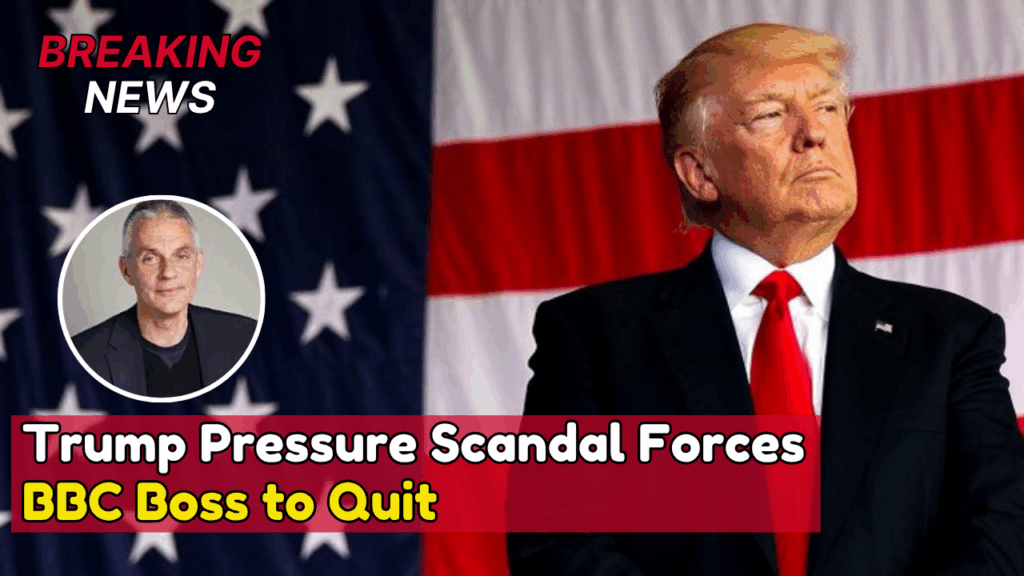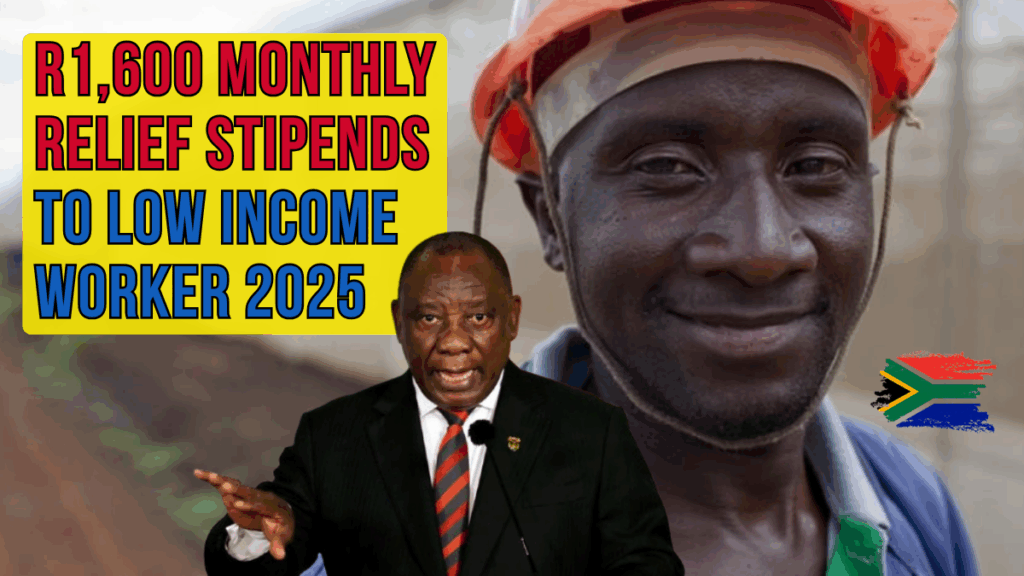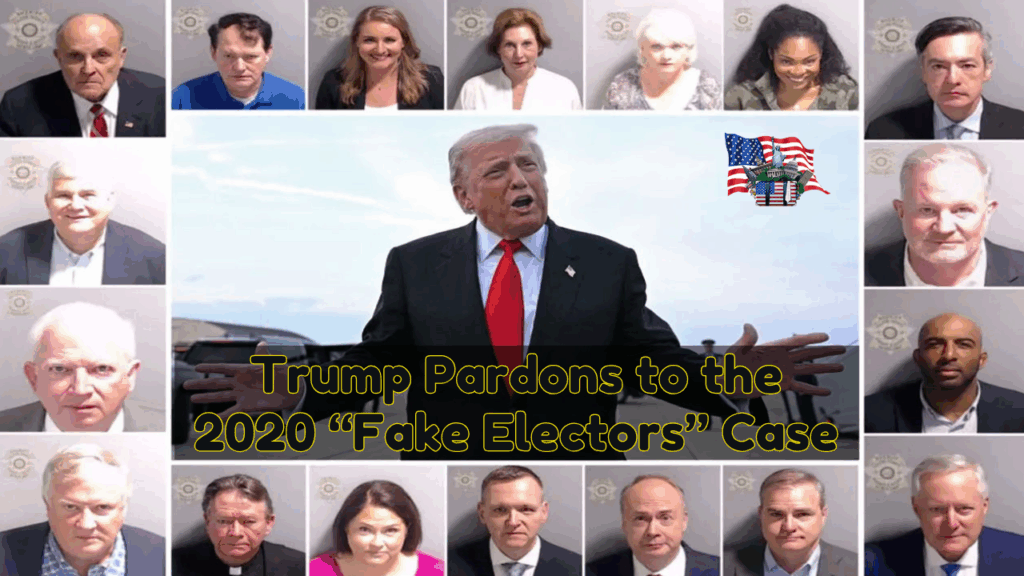The United States has announced that it will boycott the forthcoming G20 summit in South Africa. President Donald Trump stated that no U.S. delegation will participate, including Vice President JD Vance who had been slated to attend on his behalf. The decision heightens a diplomatic dispute that centers on the President’s assertions about the treatment of white farmers in South Africa. The move also adds a new layer of complexity to G20 coordination, where global economic and political issues typically require broad attendance and consensus building.
This article explains what was announced, outlines South Africa’s rebuttal, places the decision within the recent pattern of bilateral tensions, and considers practical implications for the G20 process and U.S. foreign policy signaling.
What the U.S. Announced
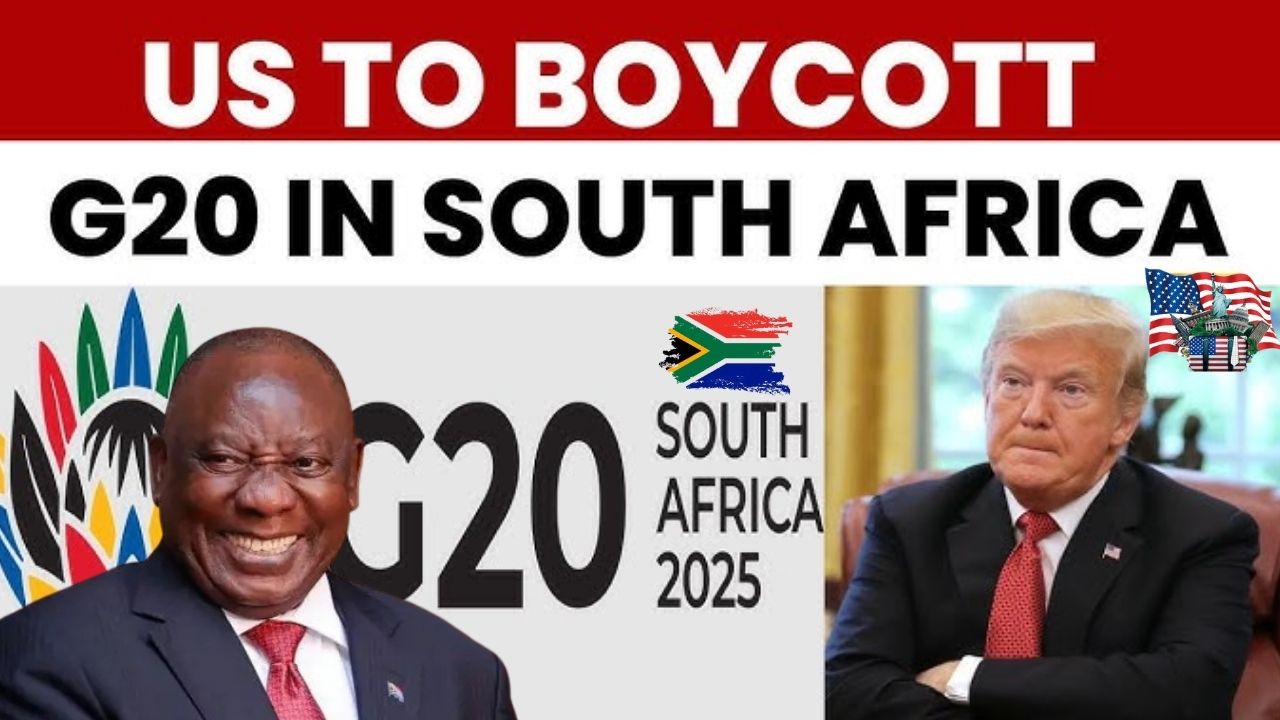
President Trump posted that the United States would officially boycott the G20 summit hosted by South Africa. He underscored that the decision applies to all U.S. officials, noting specifically that Vice President JD Vance would not attend. The President described the choice of host as a complete disgrace and repeated earlier claims that white farmers in South Africa endure violence, death, and land seizures. He also referenced previous statements in which he suggested South Africa’s removal from the G20.
In framing the boycott, the administration positioned the step as a principled stand tied to human rights and domestic employment concerns. The message, as presented, was that participation would be inconsistent with the administration’s view of events in South Africa and its desire to send a clear diplomatic signal.
Short Summary
Item |
Details |
|---|---|
Decision |
United States will boycott the G20 summit hosted by South Africa |
Who announced |
President Donald Trump |
Reason cited by U.S. |
Alleged abuses against white farmers in South Africa, including violence and land seizures |
South Africa’s response |
Denial of the allegations, emphasis on equal treatment and national context |
Wider context |
Recent diplomatic friction, including a previous absence by the U.S. at a G20 foreign ministers’ meeting |
Potential impact |
Strains in U.S. South Africa ties, possible ripple effects within G20 coordination |
Official site |
South Africa’s Response
South Africa rejected the allegations. President Cyril Ramaphosa stated that he personally informed President Trump that claims of organized persecution or discrimination against white farmers are entirely untrue. Officials expressed surprise at the charge and pointed out that, on average, white South Africans continue to have a significantly higher material standard of living than the Black majority more than three decades after the end of apartheid. South Africa’s position is that the country’s policies and legal frameworks apply across the population, and that the government remains focused on social cohesion, economic growth, and public safety for all citizens.
A Pattern of Diplomatic Friction
The boycott is not a stand alone event. Earlier in the year, Secretary of State Marco Rubio did not attend a G20 foreign ministers’ meeting, citing objections to its agenda on diversity and climate change. The administration has also connected its broader refugee policy to the South Africa issue, indicating that the reduced annual refugee intake would emphasize white South Africans who claim discrimination. These steps illustrate a widening policy gap between the two governments and a more confrontational tone around multilateral forums where consensus is often critical.
What This Could Mean for the G20
- Attendance dynamics
A missing U.S. delegation alters the balance in leader level engagements, side meetings, and the drafting of communiqués. It could also complicate progress on global economic coordination that benefits from having all major players at the table. - Agenda traction
Multilateral work on debt relief, development finance, supply chains, digital policy, and climate finance may encounter slower momentum if high level U.S. engagement is absent. - Signal to other members
The boycott may encourage some governments to recalibrate their own approaches to collective statements, while others could push to show that the forum can function despite a boycott by one of its largest members. - Bilateral spillovers
U.S. South Africa cooperation in trade, health, security, and investment promotion could face added friction if political ties remain strained.
How the Boycott Intersects With Domestic and Foreign Policy Messaging
- Human rights framing
The administration presents the move as a response to alleged abuses against white farmers. This positions the boycott as a value based action, even as critics may interpret it as politicized or misaligned with broader human rights priorities. - Multilateral skepticism
Skipping a premier economic forum accentuates an administration stance that can be more selective about multilateral engagement when it conflicts with domestic narratives or strategic objectives. - Refugee and immigration posture
Linking refugee policy to alleged discrimination in South Africa integrates the boycott into a wider set of decisions on who receives protection and on how the U.S. defines vulnerability and priority.
Practical Implications To Watch
- Replacement diplomacy
Without a U.S. delegation, other G20 members may step forward to shape deliverables. Host country diplomacy will likely adjust formats and outreach to minimize disruption. - Business confidence
Corporate stakeholders often look to G20 summits for signals on supply chain coordination and regulatory alignment. Uncertainty in forum outcomes can prompt a wait and see posture. - Civil society and media narratives
The boycott will feed debates over the purpose of the G20, the role of geopolitics in economic forums, and the extent to which bilateral disputes should influence multilateral attendance.
Key Takeaways
- The United States will not attend the G20 summit in South Africa.
- The White House frames the decision around alleged abuses against white farmers.
- South Africa rejects the allegations and defends its domestic context.
- The boycott continues a recent pattern of diplomatic friction.
- G20 processes may face coordination challenges in the absence of U.S. participation.
Official Site
https://www.state.gov
Frequently Asked Questions
1. What exactly did the United States decide
The United States chose to boycott the G20 summit hosted by South Africa. No U.S. officials will attend, including Vice President JD Vance who had been scheduled to represent the President.
2. What reason did the U.S. cite for the boycott
The administration cited alleged abuses against white farmers in South Africa. These claims include violence and land seizures, which South Africa denies.
3. How did South Africa respond
President Cyril Ramaphosa and other officials rejected the allegations, calling them untrue and emphasizing that white South Africans generally have higher living standards than the Black majority. They described the accusations as inconsistent with conditions on the ground.
4. How does this fit into recent U.S. South Africa relations
This is the latest in a series of diplomatic disagreements, including a previous U.S. absence from a G20 foreign ministers’ meeting and refugee policy statements that referenced South Africa.
5. What is the potential impact on G20 outcomes
The absence of the U.S. could slow progress on joint statements and reduce momentum on economic coordination items that typically require universal participation. Other members and the host will likely adapt formats to sustain the agenda.
Conclusion
The U.S. boycott of the G20 summit in South Africa marks a consequential moment for both bilateral relations and multilateral diplomacy. The administration’s decision rests on its own characterization of conditions in South Africa, while South African leaders reject those claims and defend their domestic policy landscape. The immediate effect is a recalibration of summit dynamics, where the absence of one of the forum’s principal members complicates efforts to reach consensus on cross border issues. The longer term impact will depend on whether the dispute cools, whether back channel engagement continues, and how other G20 members respond to maintain continuity in global economic coordination.
For More Information Click HERE
